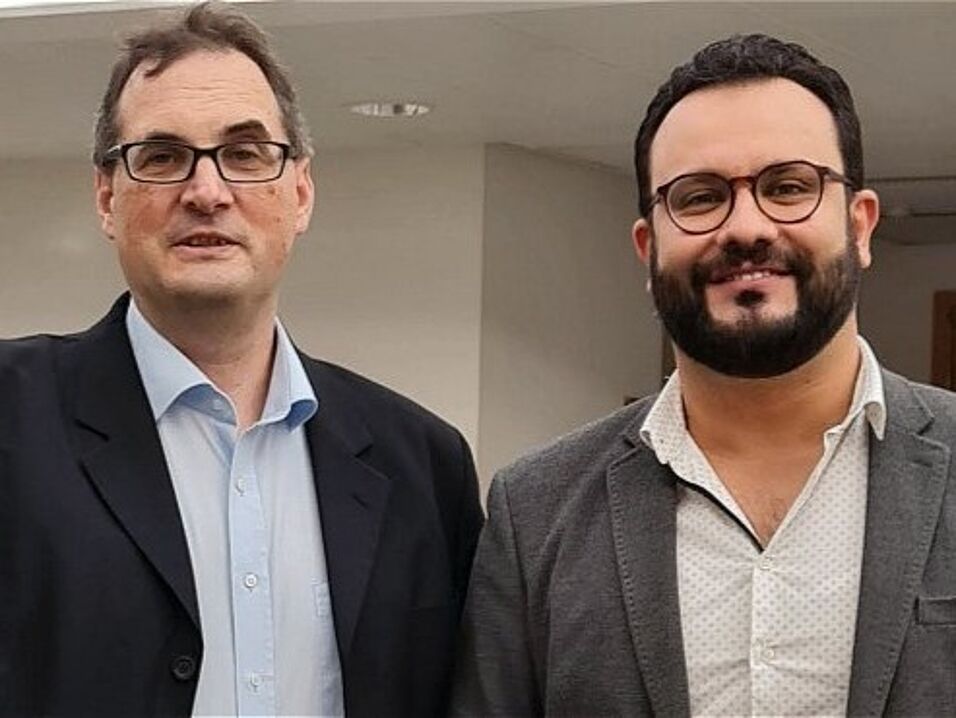Lipidomics and metabolomics profile alterations of older adults after vitamin D supplementation and strength training
Funding Body: University of Vienna, Faculty of Life Sciences, Internal grant
Duration: 2022-2024
Principal Investigator:
Karl-Heinz Wagner Ammar Tahir
Main Project group:
TbA
Short description:
Vitamin D plays an important role in human health, both physically and mentally, both in young and aging adults. As we age, the likelihood of vitamin D deficiency increases considerably, thus concurrently increasing possible risks factors for other pathologies including cognitive, cardiovascular disease, immunity and cancer. Although vitamin D deficiency and supplementation is very well studied in clinical trials, these trails are usually designed to focus on a specific aspect and attempts to targetedly answer very specify research questions. Very few studies were dedicated to study the indirect effects of vitamin D deficiency and supplementation, such as the effects on the lipidome and metabolome profiles alterations. Lipidomics and metabolomics are immerging and rapidly developing fields that focuses on the identification and quantification of various small molecules (nonpolar lipids and polar metabolites) in biological samples. Understanding lipidome and metabolome profile alterations facilitates a better understanding of the cellular dynamics in responses to external impetuses, thus enabling us spotting new biomarkers and pathways both in the states of health and disease.
Aim of the project: The lipidome and metabolome profile alteration in conjunction with vitamin D abundance in human is poorly studied. Therefore, we want to investigate how these profiles would change across 17 weeks (in all cohorts) of the intervention study. We aim to profile the lipids and metabolites found in blood, urine and feces. These profile alterations would help us to shed light on possible biomarkers and cellular mechanisms associated with vitamin D abundance in humans as well as with strength training. This profiling would be supported by profiling the makers of oxidative stress (ROS, Oxidation products) and of DNA damage. Further we will be able to link the alterations in the lipidome and metabolome with functional parameters such as the handgrip strength, chair stand test, arm curl test, 6-min walk test, gait speed or timed up and go test. These are indications for muscle strength, endurance, aerobic capacity and functional mobility and linked to morbidity and mortality in older adults.


